Pulmonology Treatment Hospital in Hyderabad
Pulmonology and Critical Care specialists at our Center for Pulmonology and Critical Care Medicine, provide treatments to the following lung disorders and conditions.
COPD Treatment In Hyderabad
- Bronchial thermoplasty for asthma: Bronchial thermoplasty (BT) is a bronchoscopic procedure which offers hope in difficult-to-treat asthma. It is a safe, minimally invasive procedure that aims to open up the narrowed airways and facilitate airflow (breathing). This is achieved by selectively reducing the thickness of the smooth muscle mass by applying radio-frequency pulses.
- Tracheal Stenting for esophageal cancer: Tracheal stenting is a procedure wherein a self-expandable stent is placed in the trachea. The cancerous growth in the esophagus is large enough to obstruct the adjacent airways and increase the risk of respiratory failure.
- Cystic fibrosis
- COPD
- Septicemia
- Sleep disorders
- Snoring and sleep apnea
- Pulmonary hypertension
- <rel=”noopener noreferrer”=””>Pneumonia and Tuberculosis (TB)</rel=”noopener>
- Lung Cancer
- ACDS
- Severe respiratory failure
- Acute lung injury
- Poly-trauma
- Flail chest
- Acute and chronic respiratory failure
- Various lung infections
Advanced Pulmonology Treatment in Hyderabad
Expertise
- Single maintenance and reliever therapy (SMART) for asthma
- Endobronchial Ultrasound (EBUS), a minimally invasive procedure used to diagnose lung cancer, infections, and other diseases causing enlarged lymph nodes in the chest
- Removal of foreign body through lipid / fiber-optic bronchoscopy
- Surgery for Lung & Esophageal Cancer & other thoracic tumors including complex resections
- Video-Assisted Thoracic Surgery (VATS) or minimally invasive thoracic surgery
- Lung Volume Reduction Surgery for Emphysema (LVRS)
- General Thoracic Surgery including surgery for benign lung disorder, multi-drug resistant tuberculosis, pleural diseases and various mediastinal & esophageal pathologies
- Management of non-cardiac emergencies like ARDS, acute neurological emergencies, acute ventilator failure.
- Management of toxicological emergencies
- Complex electrolyte imbalances, septic shocks, postoperative medical emergencies, etc.
- ALICE -6, the latest sleep diagnostic system is managed by experienced sleep physicians and sleep technologists
Patient Testimonials For Pulmonology
Health Blogs for Pulmonology
FAQ’s
What are the common symptoms of lung-related issues that require a pulmonologist's attention?
The common symptoms of lung-related issues that require a pulmonologist’s attention are chronic cough, shortness of breath, wheezing, chronic mucus production, chest pain, coughing up blood, fatigue, drowsiness, and bluish colour on your fingers, toes, and lips.
What is the difference between asthma, COPD, and other chronic lung conditions?
Asthma is diagnosed in early childhood, caused by environmental irritants, and indicated by wheezing and frequent chest tightness; it is treated by targeted inflammation. Chronic obstructive pulmonary disease (COPD) is diagnosed in adults over 40, and is caused by smoking or inhaling fumes from burning fuel. It includes a chronic cough and shortness of breath, which can be treated by removing the risk factors and taking bronchodilators.
What diagnostic tests are commonly used in pulmonology, and what do they involve?
The field of pulmonary medicine encompasses a diverse array of diagnostic tests, including but not limited to lung volume, lung capacity, and exercise tests. It also includes blood tests, chest X-rays, PET scans, CT scans, and ultrasounds.
What diagnostic tests are commonly used in pulmonology, and what do they involve?
The field of pulmonary medicine encompasses a diverse array of diagnostic tests, including but not limited to lung volume, lung capacity, and exercise tests. It also includes blood tests, chest X-rays, PET scans, CT scans, and ultrasounds.
Are there effective treatment for pulmonary fibrosis or interstitial lung disease?
It helps relieve the major symptoms and makes the management of the disease easier: these include oxygen therapy, pulmonary rehabilitation, and physical activity to strengthen pulmonary muscles. In rare circumstances where these symptoms cannot be controlled, the specialists suggest a lung transplant.


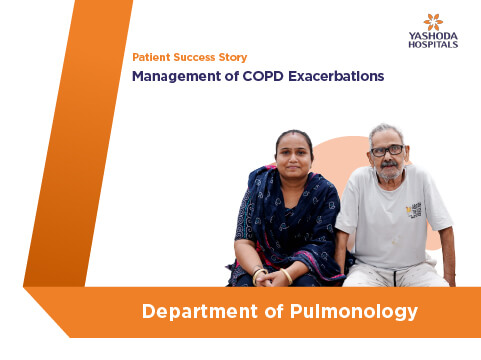



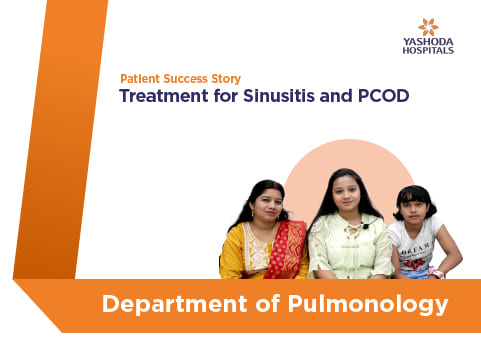

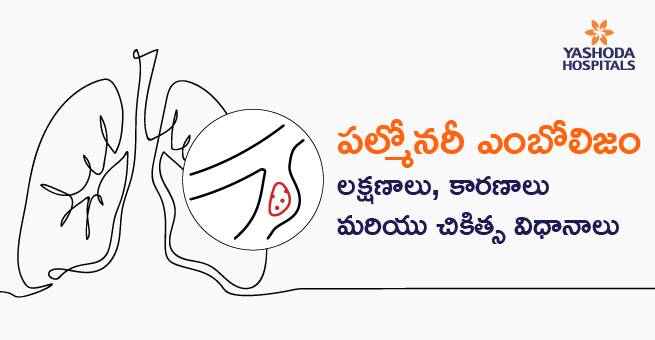
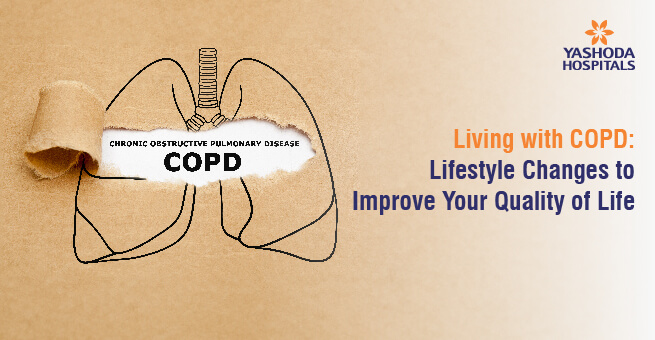
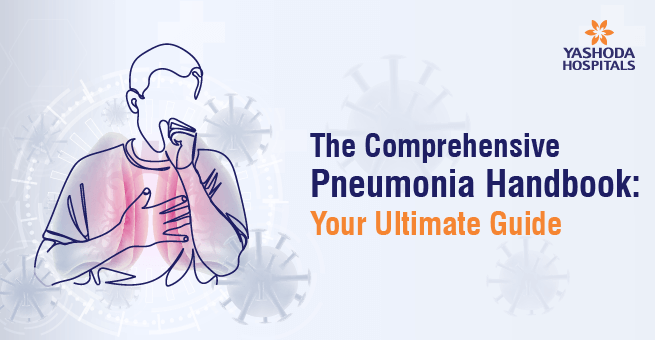
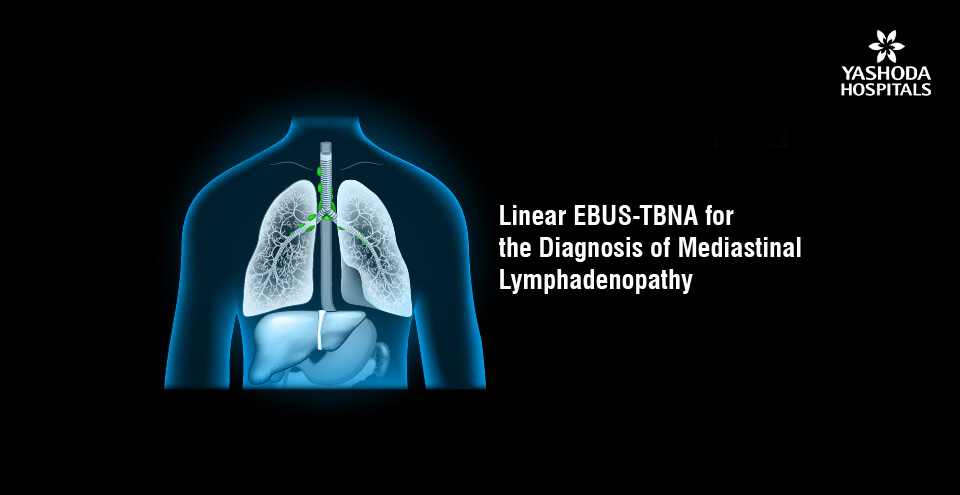
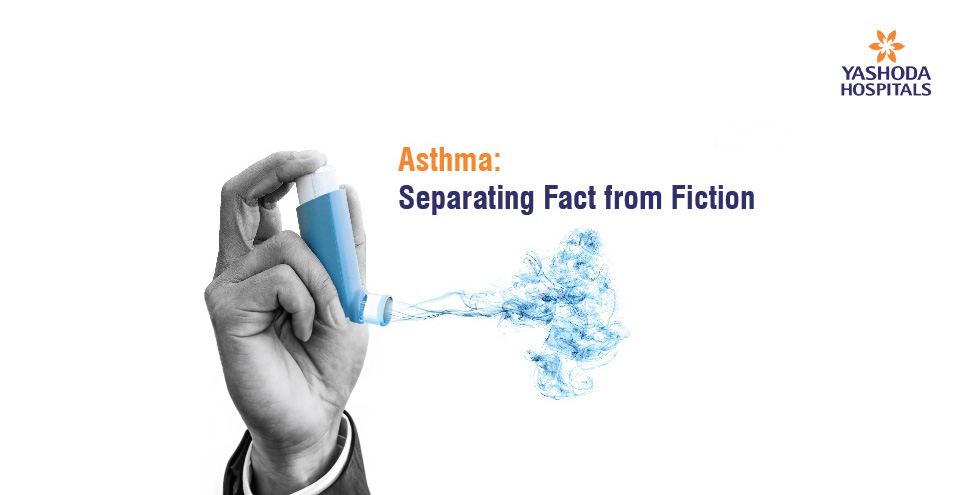
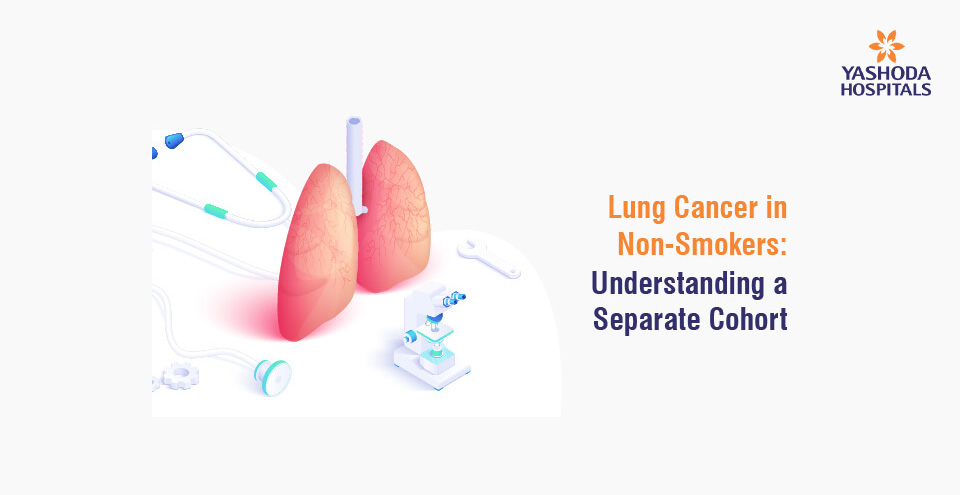
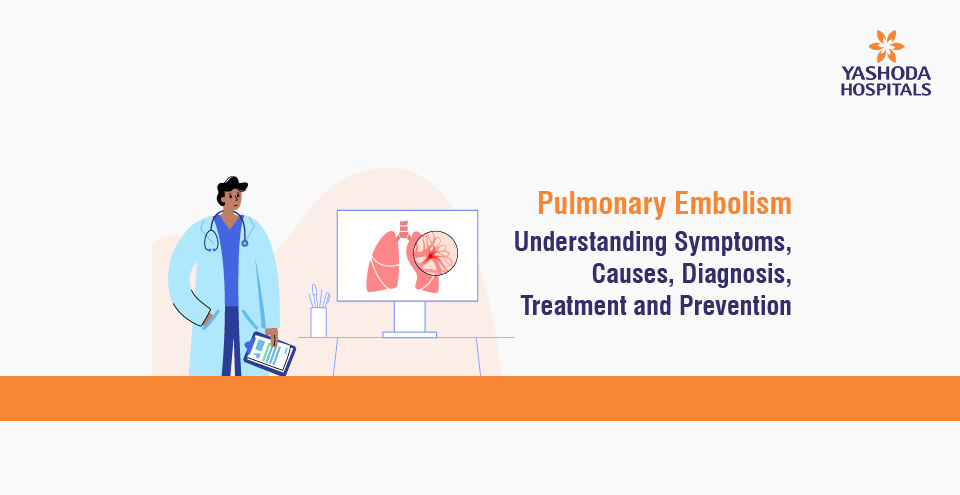
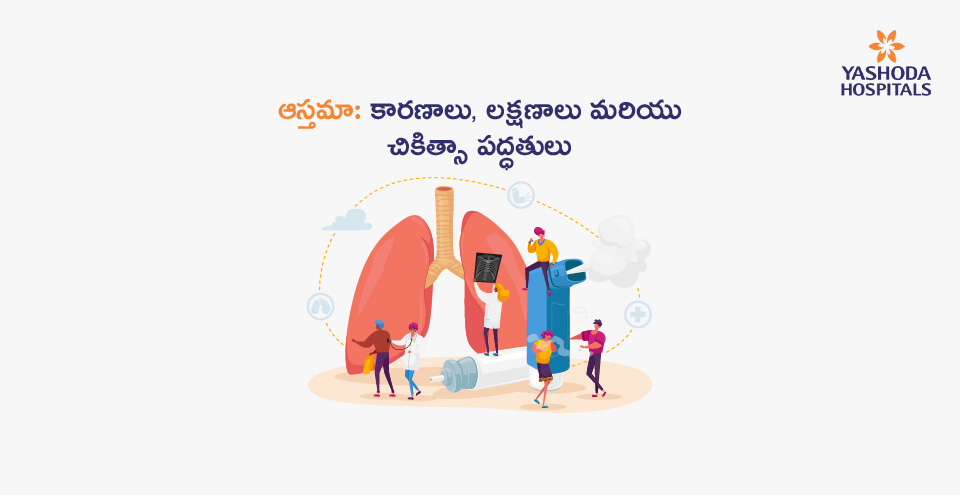
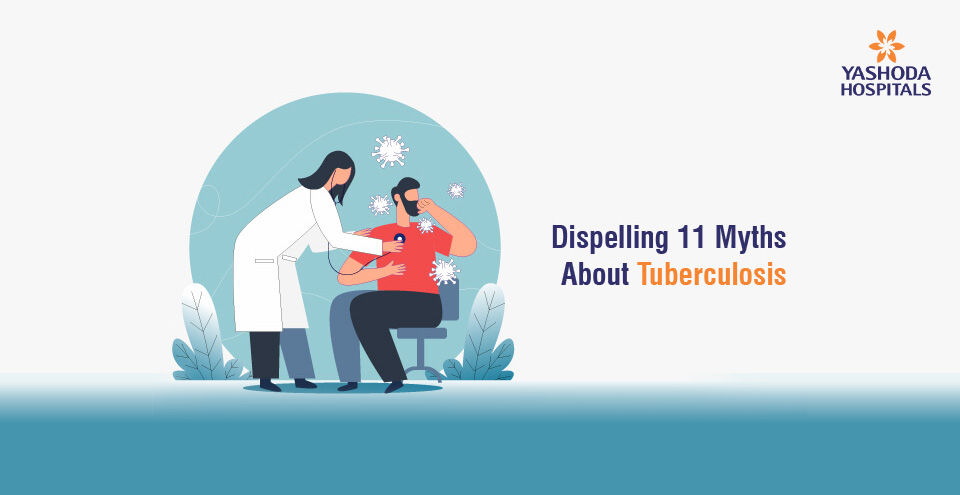
 Appointment
Appointment WhatsApp
WhatsApp Call
Call More
More

